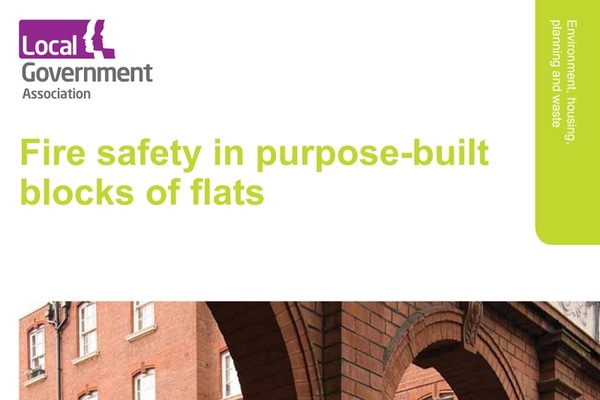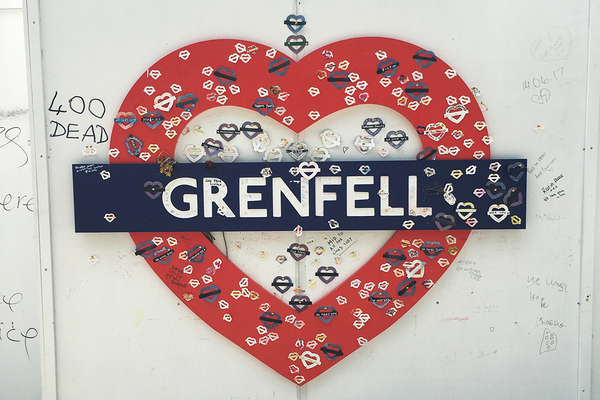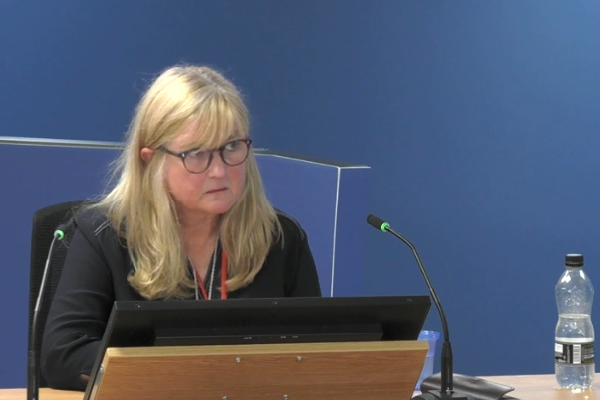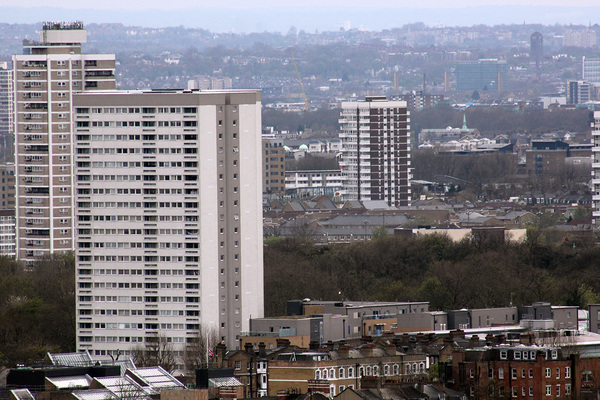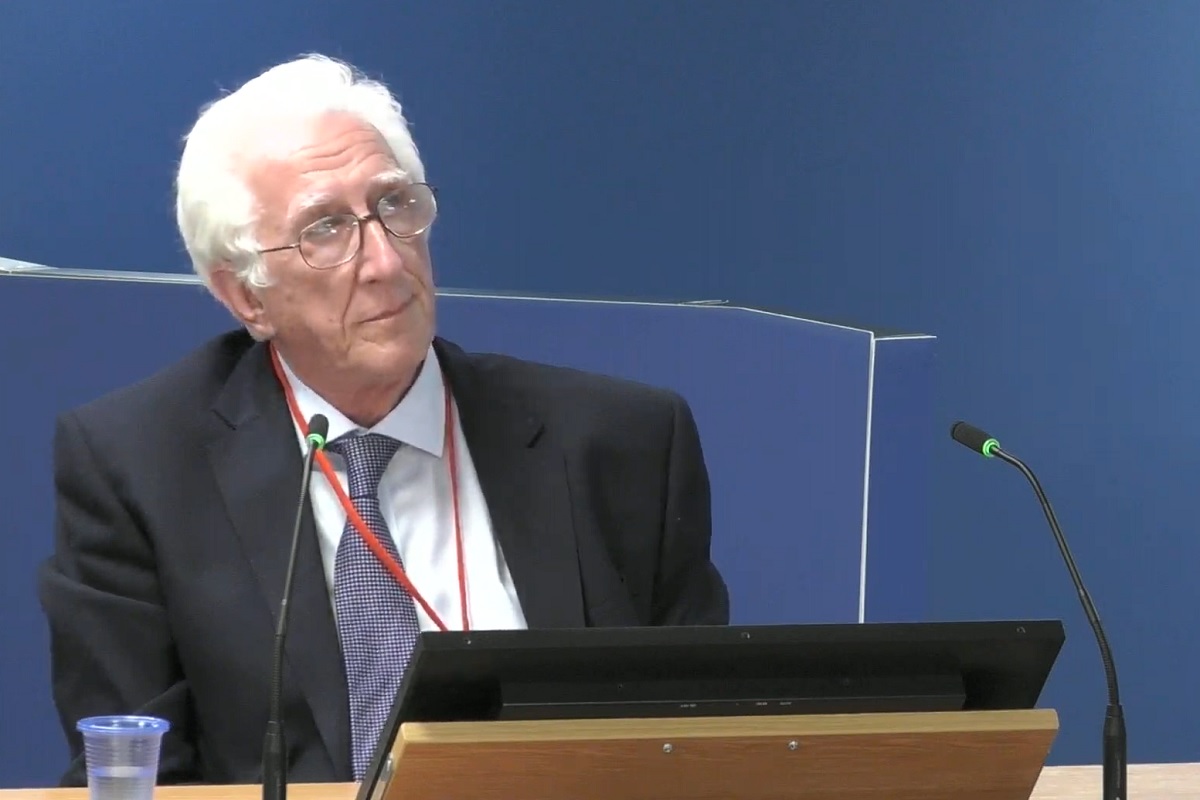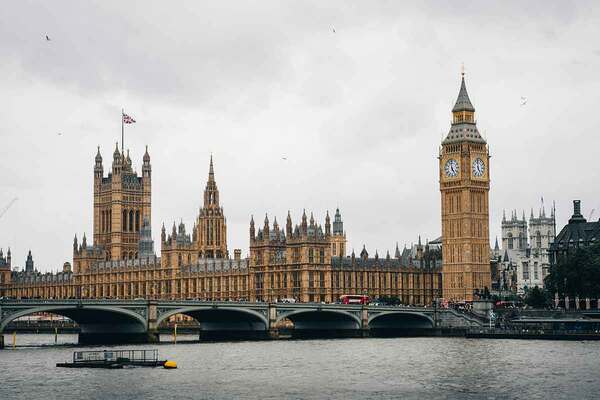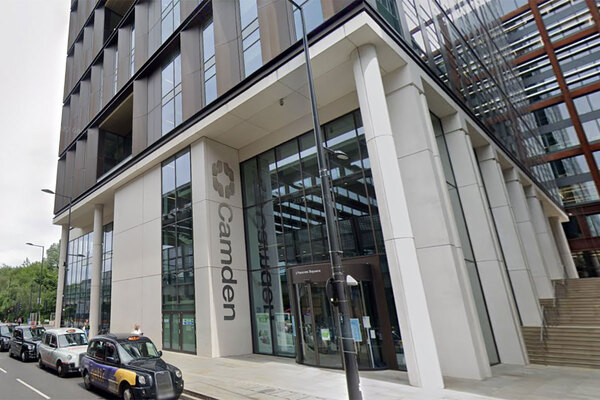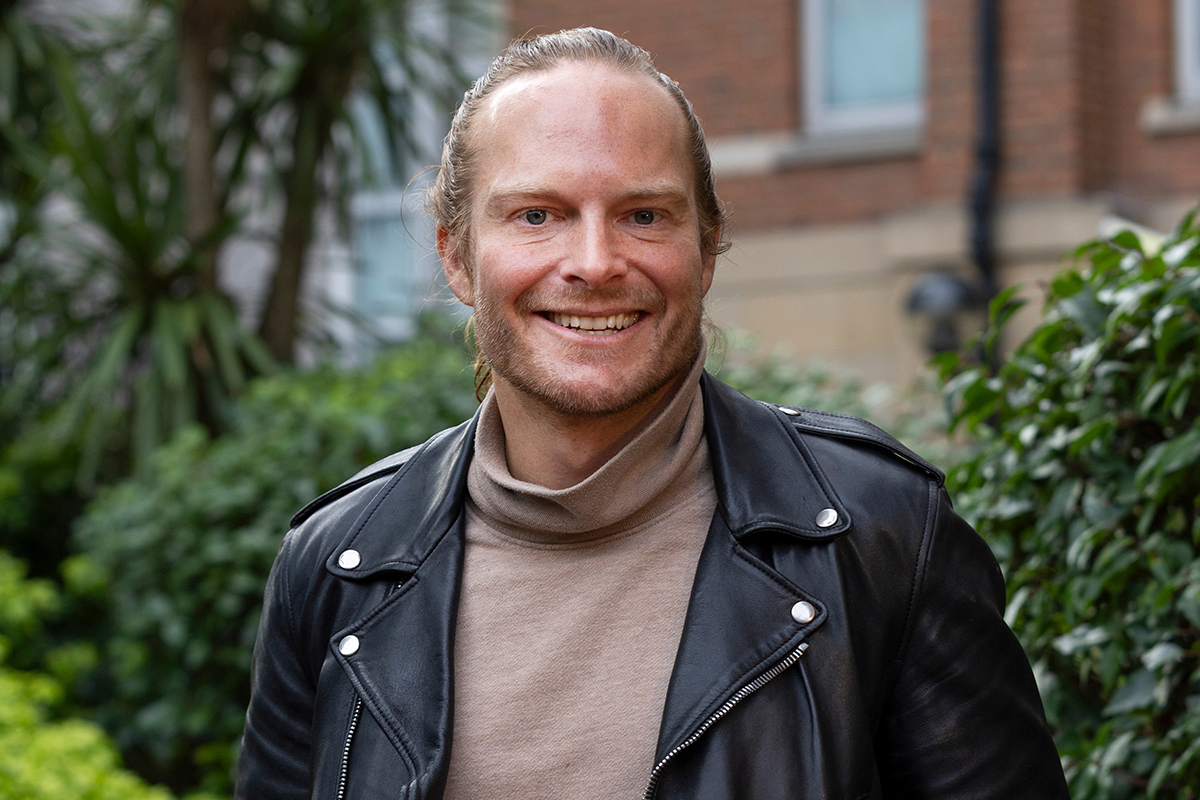Warning government-endorsed fire safety guide could lead to ‘unnecessary tragedy’ issued in 2011
The Local Government Association (LGA) was warned a decade ago that fire safety guidance it had published could lead to an “unnecessary tragedy” because of its failure to recommend evacuation plans for disabled residents, the Grenfell Tower Inquiry heard today.
The inquiry was shown a letter from Elspeth Grant, director at fire safety consultancy TripleAconsult, sent shortly after the guide was published in 2011 with the approval of the Department of Communities and Local Government (DCLG).
Ms Grant’s letter, addressed to then LGA chair Sir Merrick Cockell – also at that time leader of the Royal Borough of Kensington and Chelsea (RBKC), which owned Grenfell Tower – took aim at the guide’s advice on disabled people.
The guidance, titled Fire safety in purpose-built blocks of flats, declared that it was “usually unrealistic to expect landlords and other responsible persons” to plan for or “to have in place special arrangements, such as ‘personal emergency evacuation plans’” (PEEPs) in general needs housing.
And it described keeping information about residents with mobility issues on the premises to be used by firefighters as “not realistic” in general needs housing.
In her letter, Ms Grant said these statements “reflect an outdated viewpoint which is highly discriminative and not in line with UK legislation relating to equality or fire safety”.
She warned they left the LGA “at risk of legal action as a result of publishing advice that is contrary to the law”.
“If this guidance is not amended, building managers and landlords who follow this advice will continue to discriminate in the area of fire safety against disabled people (who represent one fifth of the population) and indeed will be open to criminal or civil prosecution,” she added.
It came as Colin Todd, a prominent fire safety consultant, gave his last day of evidence as an expert witness to the inquiry today. Mr Todd led the team at his consultancy which authored the guide.
The guidance, which was commissioned by government and was a key text for social landlords, has been subject to controversy since the Grenfell Tower fire in 2017 largely because of its advice around PEEPs and strong support for the “stay put” principle.
In April this year, the LGA withdrew the guidance from its website saying that “changes in government policy and regulation mean that it is now out of date”.
The Home Office later republished the guide with the section on PEEPs greyed out and is currently working on a new version expected to appear later this year.
The family of Sakina Afrasehabi, a disabled woman who lived on the 18th floor of Grenfell Tower and died in the fire alongside her sister Fatima, had previously threatened legal action over the plan to republish the guidance as part of a campaign on the issue of PEEPs.
Mr Todd said he could not remember seeing Ms Grant’s letter but accepted that he must have done as he was copied into emails from the LGA requesting that his consultancy, CS Todd & Associates, draft a response.
The response insisting that it was not “reasonable and practical” to recommend evacuation plans for disabled people “by way of default in all blocks of flats”.
To do so “would place a significant burden on those managing blocks of flats to continuously update the information”, it said.
Mr Todd agreed today that the reluctance was mostly based on practical concerns from landlords.
He said the issue was “absolutely” discussed with officials at the DCLG (now the Ministry of Housing, Communities and Local Government), who were copied in to the email chain.
The inquiry was also shown comments from the Chief Fire Officers Association’s (CFOA) response to a consultation on a draft version of the guide.
Answering a consultation question about whether the guidance dealt adequately with disabled people needing evacuation help in a fire, the CFOA said: “To ignore and eliminate advice on disabled access and evacuation is a fundamental error of the document and is recommended that it must be included.”
Yesterday, Mr Todd told the inquiry that legal obligations to make provision for safe evacuation of residents were understood by the industry not to apply to disabled people in blocks of flats.
In its phase one report, the inquiry recommended that “the owner and manager of every residential high-rise be legally required to prepare personal emergency evacuation plans for all residents whose ability to self-evacuate may be compromised”.
Government is still wrestling with the issue of how to implement this recommendation amid industry concerns about the practicalities.
After the first phase of the inquiry, chair Sir Martin Moore-Bick recommended they be required for all high rises, but the government did not initially follow this recommended. This followed an industry response group led by the Fire Industry Association, of which Mr Todd is a director, warning that doing so would be “totally impracticable” in a behind closed doors meeting.
RBKC has accepted it did not provide PEEPs for any residents and the fire was described by lawyers acting for survivors and bereaved as a “landmark act of discrimination” against disabled and vulnerable people.
The inquiry continues.
Sign up for Inside Housing’s weekly Grenfell Inquiry newsletter
Each week our sister publication Inside Housing sends out a newsletter rounding up the key news from the Grenfell Inquiry, along with exclusive analysis of what it all means for the social housing sector.
Already have an account? Click here to manage your newsletters
